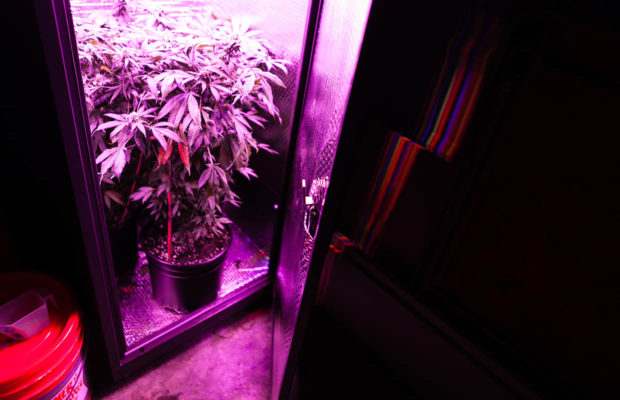For nearly a decade, the federal government and individual states have honored a quasi-handshake agreement when it came to marijuana legalization. In the eyes of the federal government, marijuana is dangerous and illegal, and its associated activities are serious crimes. Increasingly, in the eyes of many states’ voters, marijuana should be legal.
This Obama-era hands-off standoff between individual states and the federal government has existed because of two written agreements — the Ogden Memo, issued by former Deputy Attorney General David W. Ogden in 2009, and the Cole Memo, issued by former attorney general James M. Cole in 2013 — that directed U.S. district attorneys to look the other way while states created legalized marijuana marketplaces, as long as these states made sure their industries were well-regulated; addressed the prevention of marijuana use by minors; and halted growing, possessing, and using marijuana on federal property.
This accord changed in January, when U.S. Attorney General Jeff Sessions announced he planned to rescind the policy and allow the U.S. Department of Justice and district attorneys to enforce federal marijuana laws.
The news resounded in Washington state, where voters approved the legalized and licensed production and sale of marijuana in 2012. Between fiscal years 2014 and 2017, marijuana-related taxes generated approximately $566 million in revenue, according to the Washington State Liquor and Cannabis Board.
To date, eight states and the District of Columbia have legalized marijuana for recreational and medical uses. Medical-only use is legal in 29 states and the District of Columbia.
State and local leaders lined up to object to this new federal policy direction.
Washington Gov. Jay Inslee described the state’s system as one that is well-regulated and prevents criminal elements and underage use, and added that Sessions’ announcement was “the wrong direction for our state” and one that “disrespects Washington voters.”
“Marijuana legalization has been nothing but good for Washington — ensuring safety and providing revenue for critical state services,” added King County Executive Dow Constantine.
“Support for marijuana legalization is at an all-time high, and the industry generates hundreds of millions in tax revenue and creates thousands of jobs. The state government would fight to keep that money.”
Washington State Attorney General Bob Ferguson said he was “disappointed and troubled” by the decision. “I pledge to vigorously defend the will of the voters in Washington state,” he added.
Nearly a dozen stores on the Eastside are licensed to sell both recreational and medical marijuana, so the interest of local pot shop owners was piqued by the federal policy change.
“We are following this development very closely, and obviously we are somewhat concerned,” said Molly Honig, owner of Higher Leaf, which operates stores in Bellevue and Kirkland and employs nearly 50 people. “I think it would be very unlikely that the federal government would enforce marijuana laws against state-licensed businesses. Support for marijuana legalization is at an all-time high, and the industry generates hundreds of millions in tax revenue and creates thousands of jobs. The state government would fight to keep that money.”
Honig was concerned that essential service providers, such as bankers, attorneys, and accountants, might pause to reconsider whether to work with clients operating marijuana businesses.
She also noted the policy change still leaves enforcement decisions to local U.S. district attorneys, and added, “Attempts to enforce marijuana laws in Washington would put (these attorneys) on the extremely unpopular end of a really expensive and time-consuming fight against the State of Washington and the will of the voters.”
Jenny Carbon, co-owner of Always Greener Downtown in Redmond, agreed.
“I think the state will do its best to protect us and keep marijuana safe and legal,” she said. “Cannabis is here to stay. We continue to run a state-compliant business and serve our customers to the best of our ability. Enthusiasm for legalization is only growing. We have received ongoing support from our city officials, and trust in Redmond and our other municipalities to uphold the decision of our Washington state voters.”
Still, it’s unclear how the federal government will move forward, and how individual states will respond. What is clear, however, is that a once long-standing and amicable pact between the feds and the states to agree to disagree on the issue is, for now, up in smoke.
credit:425business.com









